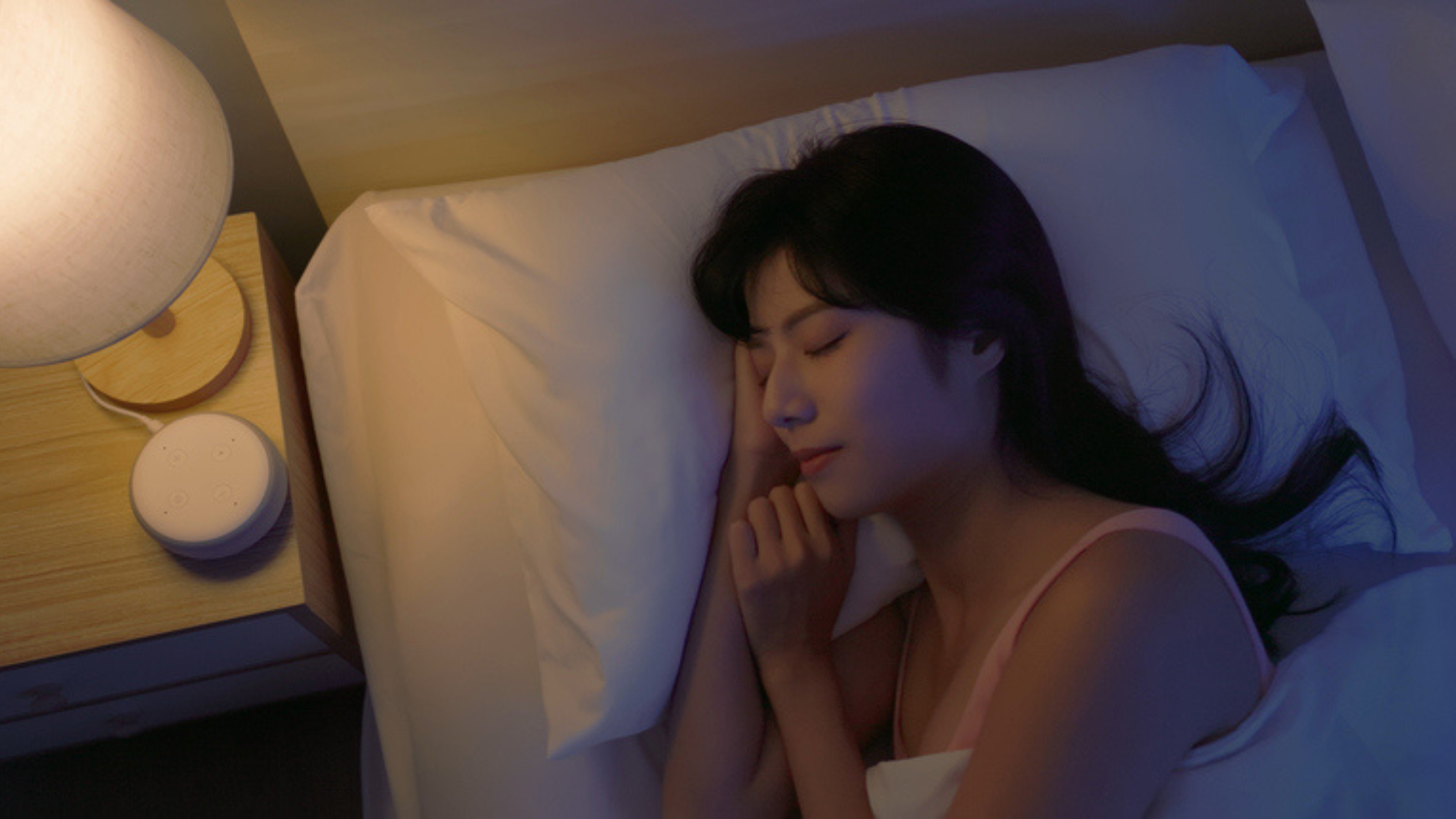Key Takeaways:
- Morning light is your most powerful circadian reset tool
- Small changes in routine have a big impact
- Targeted supplements can support your internal clock
Our internal clock — or circadian rhythm — governs nearly every process in the body, from when you feel alert or tired, to how your body digests food and balances hormones. When it’s disrupted by modern life, travel, or irregular routines, the effects ripple through your mood, metabolism, and sleep.
The good news? You can train your body to get back in sync.
Proven Techniques That Can Help Restore Your Circadian Balance
1. Embrace Natural Morning Light
The most powerful reset tool is sunlight. Aim to get outside within the first hour of waking, ideally for 20 to 30 minutes. This helps suppress melatonin and realign your clock with the day (R).
If you wake before sunrise or live in a dark environment, consider a light therapy box that mimics natural daylight — it can be especially helpful in winter (R).
2. Dim Down at Night
Just as light in the morning signals wakefulness, darkness cues your brain to wind down. Two hours before bed, dim your lights, turn on ‘night mode’ on screens, or wear blue-light blocking glasses to protect melatonin production (R).

3. Keep a Consistent Sleep-Wake Time
Try waking and going to bed at the same time every day — even on weekends. Regularity helps strengthen your sleep-wake cycle and improve sleep quality (R).
4. Eat and Caffeinate Strategically
Your digestive system also follows a circadian rhythm. Eating too late at night or consuming caffeine after midday can interfere with melatonin and cortisol rhythms.
Instead:
- Eat your main meals during daylight hours
- Avoid heavy meals 2–3 hours before bed
- Have your last coffee before 2pm
Late-night eating has been shown to disrupt circadian markers like glucose metabolism and insulin sensitivity (R). Caffeine, even six hours before bedtime, can delay sleep onset and reduce total sleep time (R).
Can Longevity Supplements Help Reset Your Internal Clock?
While lifestyle is the foundation of circadian health, certain longevity-supporting supplements can enhance your body’s ability to re-establish a stable rhythm.
Here’s how some of the most researched compounds may help:
NMN (Nicotinamide Mononucleotide)
NMN boosts NAD⁺, a molecule essential for energy production, DNA repair, and regulating circadian rhythm via sirtuin activation. These sirtuins are proteins that help manage the expression of clock genes (R).
As NAD⁺ levels decline with age, so does your circadian resilience — contributing to fragmented sleep and daytime fatigue. Research suggests NMN may restore NAD⁺ oscillation, improving both sleep quality and daytime energy (R).
Helpful for? Supporting healthy ageing, restoring energy, and reinforcing your internal clock.

Berberine
Berberine activates AMPK, a cellular energy sensor that also regulates circadian timing. AMPK activity helps synchronise the feedback loops that control your biological rhythm (R).
Berberine also improves glucose metabolism and supports gut health — two factors deeply connected to circadian function.
Helpful for? Stabilising energy rhythms, metabolic support, and gut-brain communication.
Resveratrol
Known for its antioxidant benefits, resveratrol also stimulates SIRT1, the same sirtuin influenced by NMN. It’s been shown to protect the brain’s suprachiasmatic nucleus (SCN) — the body’s master clock — from oxidative stress and ageing (R).
Animal studies suggest resveratrol can enhance melatonin production and improve sleep efficiency, particularly in those with age-related circadian disruption (R).
Helpful for? Supporting brain health, sleep quality, and circadian precision.
TMG (Trimethylglycine)
TMG supports methylation, a process crucial for gene expression — including the regulation of circadian genes. It works in tandem with NMN to maintain balanced homocysteine levels and improve energy metabolism.
Methylation is essential to maintaining circadian gene rhythm and energy production — especially in ageing individuals (R).
Helpful for? Enhancing NMN benefits, supporting gene regulation, and maintaining steady energy.
Use Smart Tech to Reinforce Your Rhythm
Technology often gets blamed for disrupting sleep, but the right tools can actually work in your favour. Devices and apps designed to support circadian alignment can help track your progress and offer smart reminders to reset your rhythm.
Try using:
• Sunrise alarm clocks that gradually light up to simulate sunrise
• Sleep trackers to monitor your sleep quality and patterns
• Apps like Timeshifter for planning jet lag recovery
Technology can be part of the problem, but with the right approach, it can also be part of the solution (R).
Getting Back in Circadian Sync

Resetting your circadian rhythm doesn’t happen overnight — but small, consistent changes can bring lasting benefits.
By aligning your sleep and activity patterns with your body’s natural rhythm, you’ll not only feel more rested but also improve your metabolism, mood, and long-term wellbeing.
Whether you’re recovering from jet lag, adjusting to shift work, or simply trying to feel better in your body, know this: your body wants to be in sync — you just need to give it the right cues.
Explore our blog: “Natural Ways to Improve Deep Sleep” for more evidence-based tips to boost sleep quality and enhance longevity.





